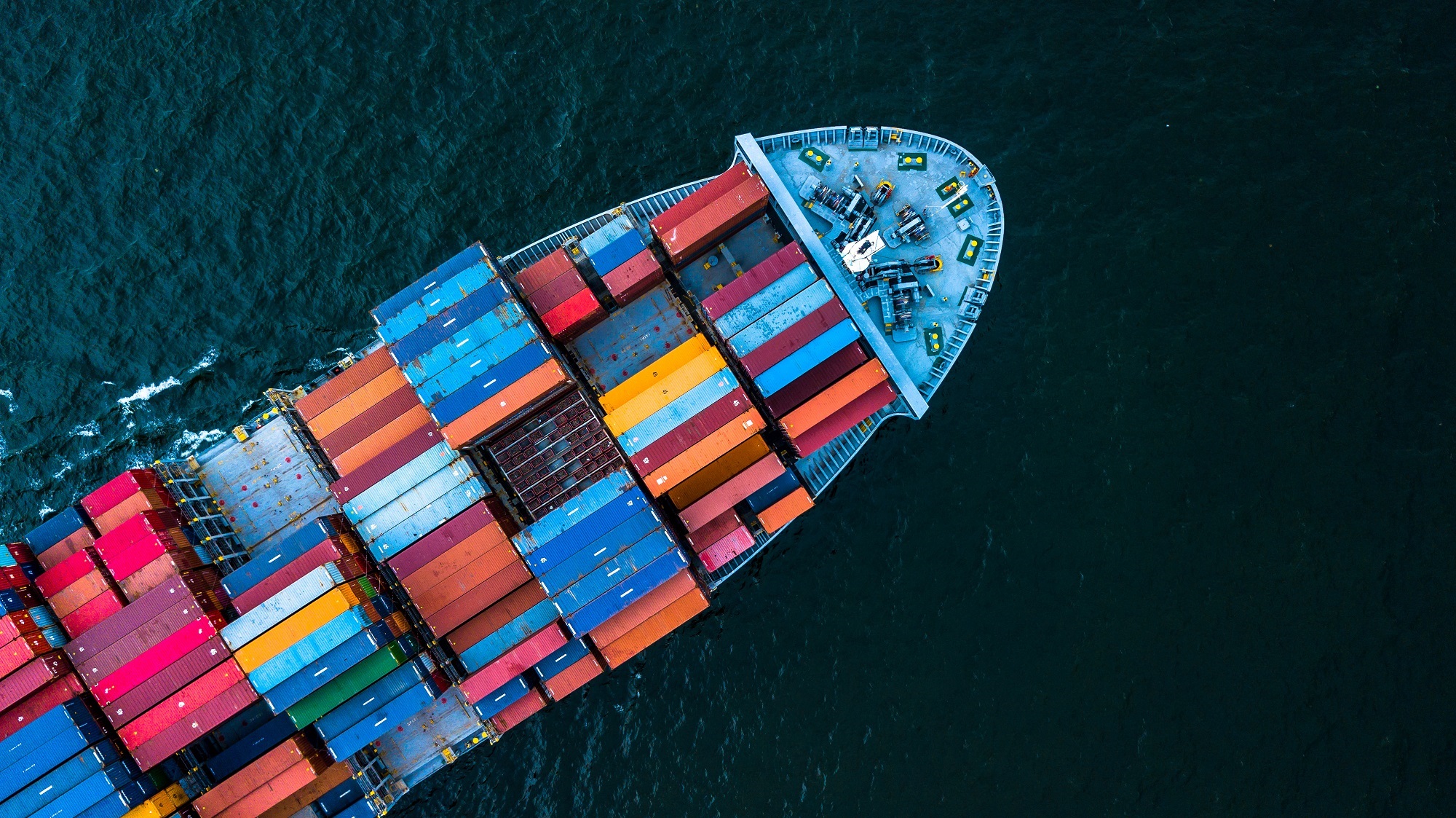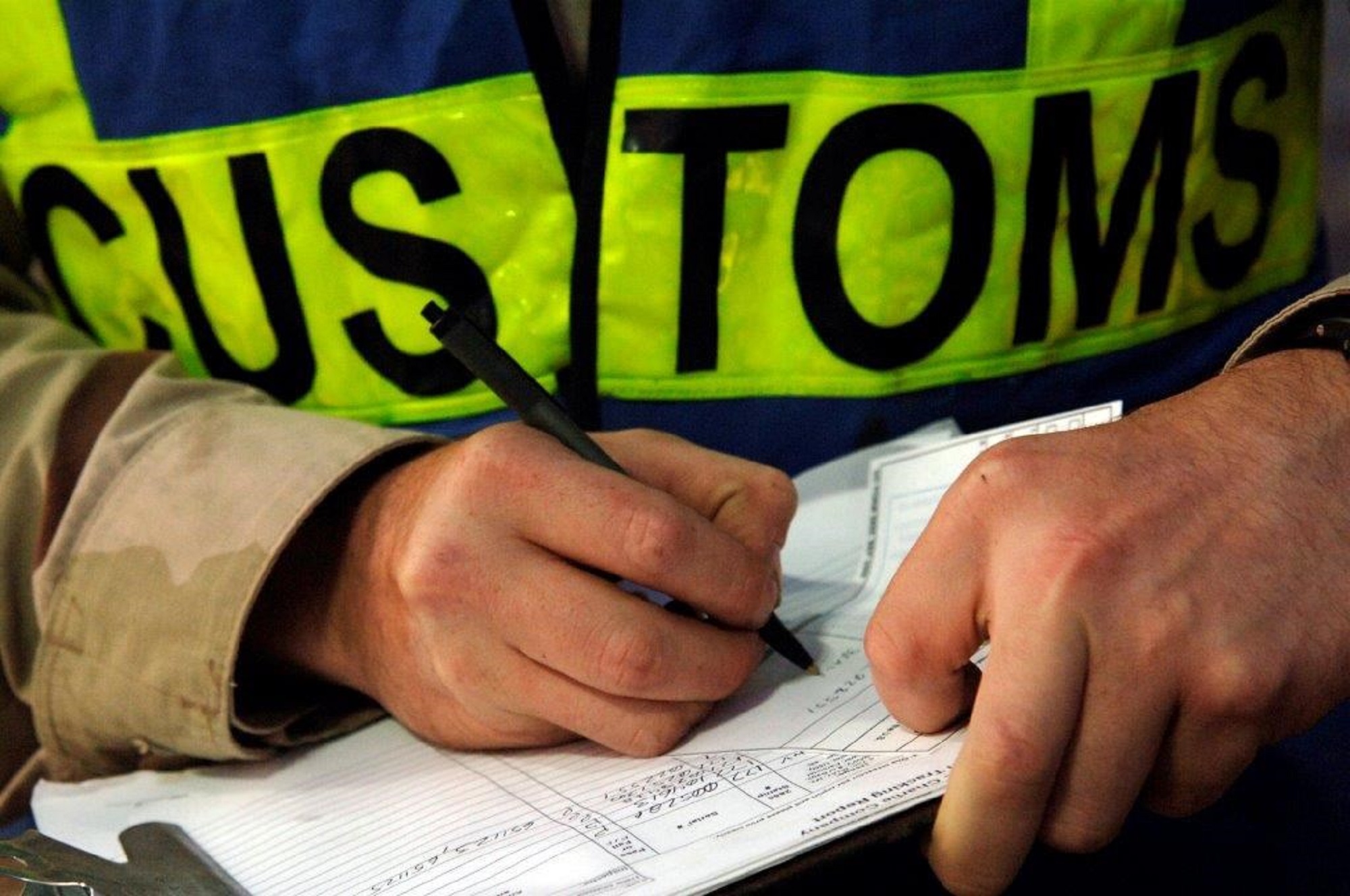Two weeks ago today, it finally happened. 1 January 2021: Brexit became a reality. A week earlier, on Christmas Eve, a deal was presented. But where do we stand now? How are things actually going, in practice? Let’s focus on the VAT and customs aspects for now, leaving aside issues such as transport, delays, fisheries, expats and so on...
Nothing is as it seems
Over the past two weeks, it has become clear to entrepreneurs (sometimes painfully so) that, from the perspective of VAT and customs, the deal did not deliver what they had hoped for.
The biggest misconception may well have been the expectation (or perhaps hope) that under the deal, the UK would remain an EU country, and that everything would stay the same. Unfortunately, this has proven not to be the case. The UK is a non-EU country, with all the consequences thereof. An important exception is made for the trading of goods with Northern Ireland, which is still deemed to take place within the EU customs union.
Hearing the phrase ‘free trade’, many people assumed that no import duties would apply to goods entering the EU from the UK or entering the UK from the EU. Sadly, this has turned out to be a lot more complicated. Goods must originate from the EU or the UK in order to prevent import duties being due on trade between the two areas. If goods don’t originate from the EU or the UK, import duties are due as soon as the goods are imported into the UK or the EU.
Rearranging the distribution model for UK businesses
As a result of these changes, more and more businesses are considering rearranging their distribution model. If the primary market of a UK business is in the EU, it is often cheaper and more efficient to arrange for import and distribution through an EU country such as The Netherlands.
A UK business can arrange a number of matters needed to proceed in The Netherlands, relatively swiftly. For example, a 3PL to handle clearance, storage, shipping and transport, as well as return shipments. An EORI number is required, as well as a VAT number, and periodical VAT returns need to be filed. It is possible to appoint a VAT representative. Although this is not mandatory, it can offer a cashflow benefit as it prevents the need for pre-financing import VAT. From a VAT and customs perspective, it is by no means necessary to set up a local (legal) entity.
EU businesses trading with the UK
There are a number of points of attention for EU businesses with a primary market in the UK. Aside from questions such as who is responsible for the export from the EU and more importantly, the import into the UK, changes regarding e-commerce in the UK are also important.
If you sell goods online to consumers in the UK and the value of the shipment does not exceed GBP 135, you will have to pay VAT in the UK in your role as seller. This means that a local VAT registration and VAT filing obligation will arise. This is the case regardless of whether the seller or the consumer performs the import into the UK.
Additionally, if you provide digital services to consumers in the UK, the MOSS system will no longer be available for such services to UK consumers. The VAT due in the UK will need to be reported and paid through a local return in the UK. This means that such services will also lead to a local VAT registration and VAT filing obligation.
What now?
Be sure to (re)assess your position, and whether it is possible to improve this position in the current market. With just a few adjustments, you may be able to significantly improve your VAT and customs position, as well as your commercial position.
Would you like to know more? We would be happy to help. Please feel free to contact us.
This content was published more than six months ago. Because legislation and regulation is constantly evolving, we recommend that you contact your Baker Tilly consultant to find out whether this information is still current and has consequences (or offers opportunities) for your situation. Your consultant will be happy to discuss the latest state of affairs with you.





